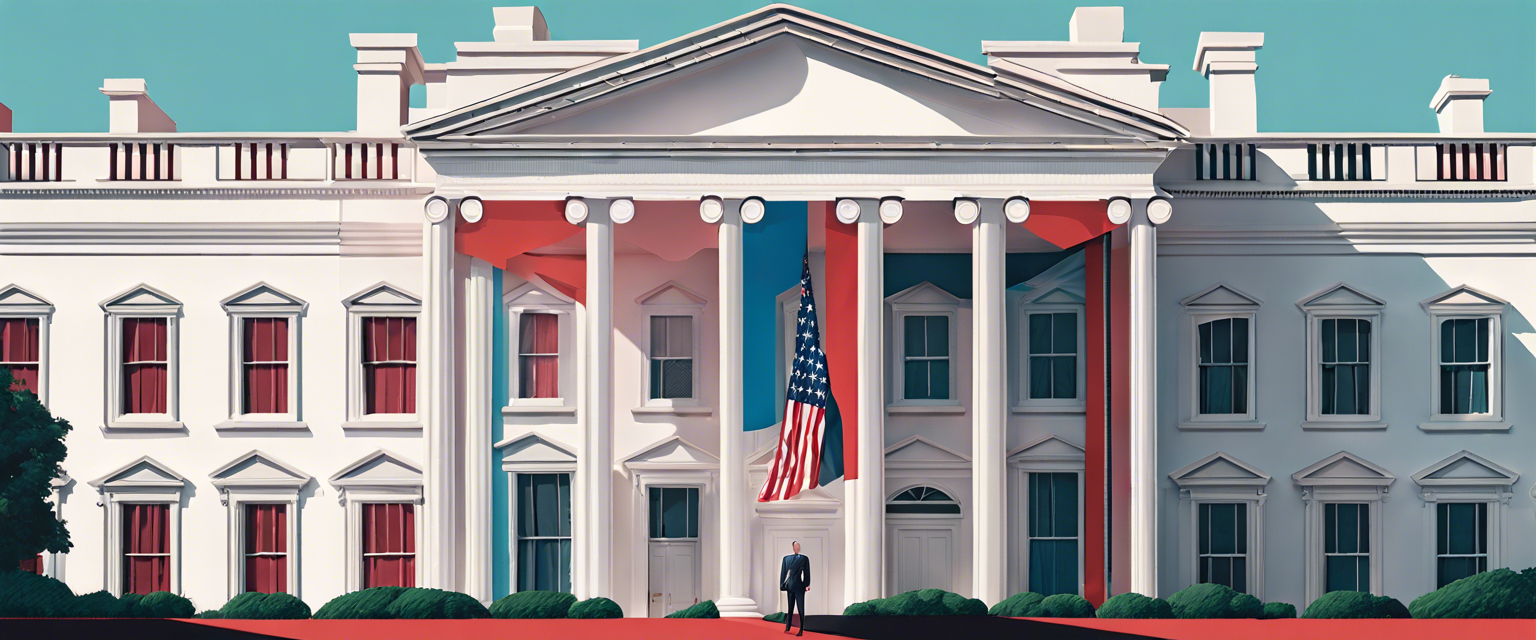FTC Settles with Genshin Impact Developer Cognosphere over Loot Box Practices
The Federal Trade Commission (FTC) announced on Friday a significant settlement with Cognosphere, the developer behind popular video game Genshin Impact, amounting to $20 million. This settlement stems from accusations of deceptive marketing practices related to loot boxes and the management of children’s personal data, particularly in violation of the Children’s Online Privacy Protection Rule.
Misleading Marketing and Children’s Privacy Violations
According to the FTC, Cognosphere was found to have “actively marketed” its loot boxes to minors while misleading players regarding the odds of winning loot or prizes. The company not only advertised loot boxes on social media channels but also utilized in-game banners aimed at younger audiences.
Moreover, the FTC report highlighted how Cognosphere allegedly deceived children and other users about the actual costs associated with in-game transactions. This involved requiring players to purchase virtual currency through multiple exchanges, often leading players to spend “hundreds of dollars on prizes they stood little chance of winning,” as pointed out by Bureau of Consumer Protection Director Samuel Levine.
The Implications of Loot Boxes as Gambling
For years, loot boxes in video games have been compared to gambling, given their nature of chance-based rewards. This has raised public concerns and drawn scrutiny from regulatory bodies, as players, especially minors, could be influenced into spending significant amounts of money on low-probability rewards.
Key Terms of the Settlement
The settlement, pending approval, includes several significant requirements aimed at protecting consumers, especially children:
- Cognosphere must delete any personal data collected from children under 13 years of age unless parental consent was obtained.
- The developer is required to allow players the option to purchase loot boxes directly instead of only through virtual currency.
- The company is prohibited from misrepresenting pricing, features, and odds of winning associated with loot boxes.
- Mandatory disclosure of exchange rates for multi-tiered virtual currency used within the game.
Conclusion
The FTC's action against Cognosphere marks a notable step in regulating the practices of game developers, especially concerning marketing to minors and the operation of loot boxes. As gaming becomes increasingly popular among younger audiences, it is crucial for companies to adopt transparent and fair practices to safeguard players and their information.



コメントを書く
全てのコメントは、掲載前にモデレートされます
このサイトはhCaptchaによって保護されており、hCaptchaプライバシーポリシーおよび利用規約が適用されます。